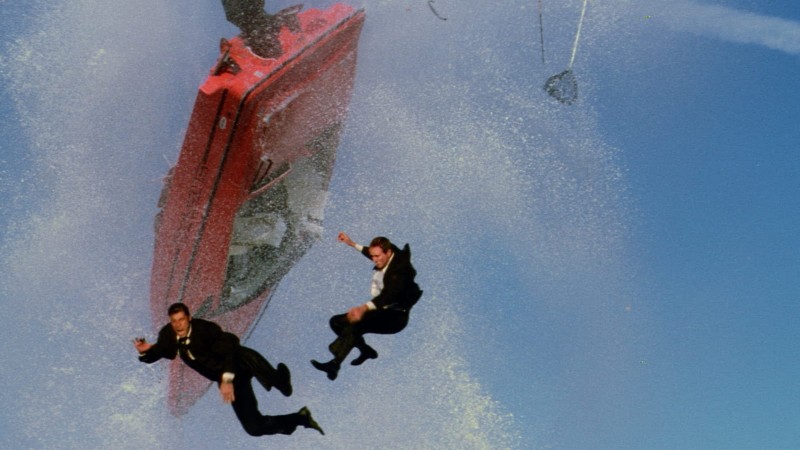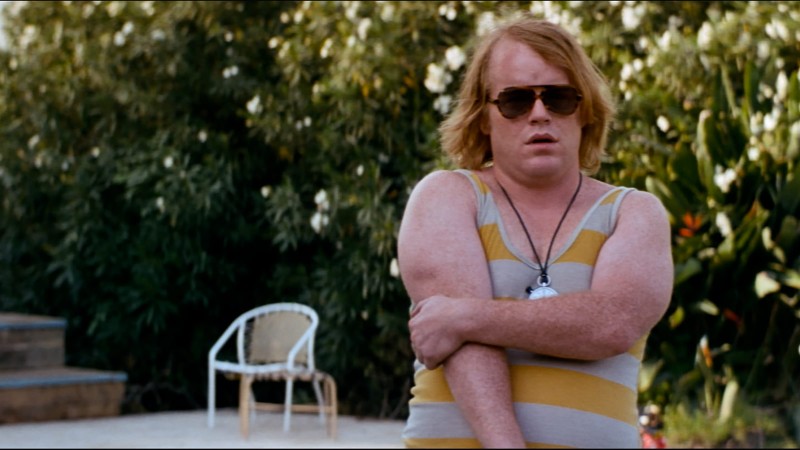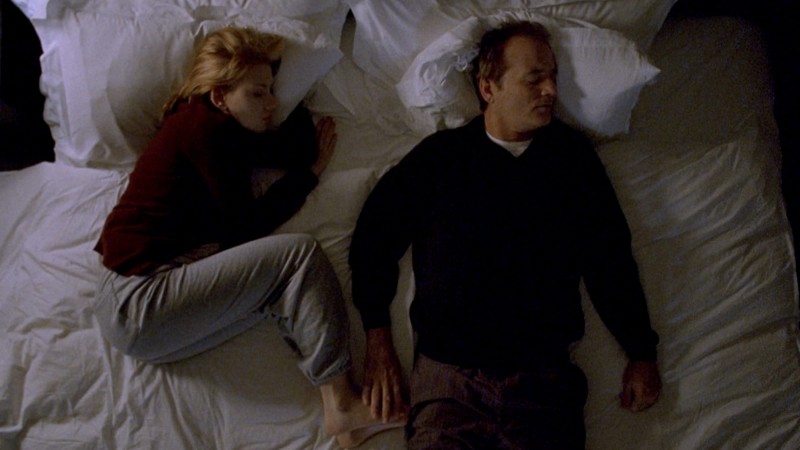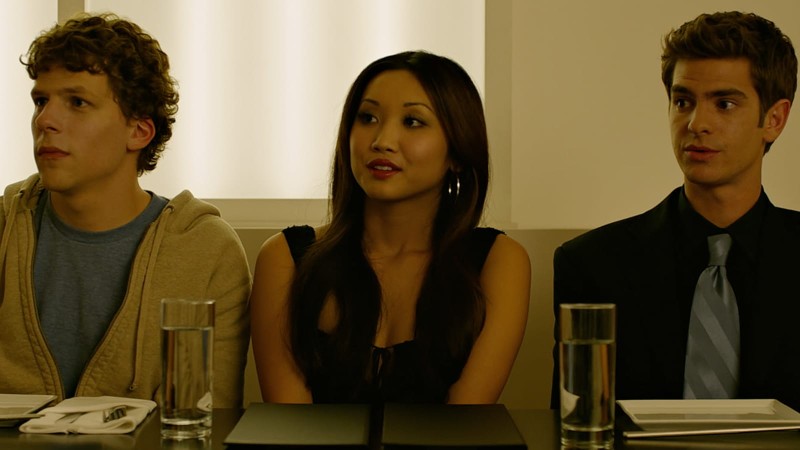Graham Greene on Knight Without Armour

Patriotic masterminds choreograph capers from secret headquarters while dashing secret agents execute their plans by the light of flashing blades and gunfire. Jeopardy escalates second to second until our heroes and heroines escape by the skin of their teeth. Spy films have juggled these exciting ingredients ever since Fritz Lang branded the genre in 1928 with Spies, and variations ranging from burlesque to tragedy permeate the nine films in our latest series, Spy Games. Rudyard Kipling dubbed super-power espionage “The Great Game” in his 1901 novel Kim, and the phrase has stuck because intelligence services continue to position operatives like chess pieces and turn countries into game boards. From Kipling on, British writers like John Buchan, Graham Greene, John le Carré, and Ian Fleming, and directors like Hitchcock and Carol Reed have dominated spy fiction and inspired scores of imitations and spoofs around the world.
Between 1935 and 1940, when Greene was the movie critic for The Spectator and the short-lived weekly Night and Day, no spy film won higher praise from him than our series entry Knight Without Armour (1937), starring Robert Donat as a British agent and Marlene Dietrich as the Russian aristocrat he steers through the chaos of the Bolshevik Revolution. The best-selling British novelist James Hilton wrote the source book (Hilton’s Goodbye, Mr. Chips would give Donat his Oscar-winning role in 1939), but the Belgian-born Jacques Feyder (Carnival in Flanders) directed the film and the Hungarian émigré Alexander Korda produced it for his company, London Films, at his brand new studio in Denham.
Although Greene would become a great friend and collaborator with Korda and Carol Reed on The Fallen Idol (1948) and The Third Man (1949), in his critic days he ridiculed Korda in both his directing and producing capacities, calling him, in the latter, merely a “showman” and “publicist.” He declared that Korda had committed a “gross misuse” of the French director René Clair’s “unique talents” on The Ghost Goes West (1935), though Greene found much to admire in that now classic comedy. And Greene sneered that Korda had reduced the American director William K. Howard to capturing “an English public-schoolmistress’s vision of history” with Fire Over England (1937).
When he reviewed Knight Without Armour, Greene got those objections out of his system in the first and last paragraphs and centered on the achievement of Feyder and his star, Robert Donat, “the best film actor—at any rate in star parts—we possess,” whom he vastly preferred to Laurence Olivier. Greene had been loyal to Feyder ever since the director’s silent version of Émile Zola’s Thérèse Raquin (1928). After Feyder’s ill-fated four-year stay at MGM in Culver City, where he mostly directed foreign-language versions of studio hits (he was fired from Red Dust, a triumph for Victor Fleming), Greene embraced the filmmaker’s return to form in Carnival in Flanders (1935), a sardonic, gorgeous depiction of a sixteenth-century Flemish town under Spanish occupation. Greene declared it “that rarest thing in the cinema, a really adult film.” For Greene, Knight Without Armour was something completely different—“melodrama of the most engaging kind, the heroic wish-fulfillment dream of adolescence all the world over.” But he loved it all the same. Using one of the highest terms of praise in his critical lexicon, Greene called it “a first-class thriller.”
Read Greene’s review here, and then watch an excerpt from the scene he writes “should take its place among the classic moments of the screen.” The review was originally published in The Graham Greene Film Reader: Reviews, Essays, Interviews & Film Stories and is reprinted by permission of Applause Books, an imprint of Hal Leonard LLC.
*****
Knight Without Armour
By Graham Greene
One had thought it was good-bye to M. Feyder when he entered the gates of the Denham studios: one began to write the obituary of the director of Thérèse Raquin and La Kermesse Héroïque. The news that Mr. (‘Hungarian’) Biro and Mr. (‘Naughty’) Wimperis were responsible for the scenario and dialogue: the sight of Miss Dietrich floodlit before well-advertised crowds at first nights: a New York premiere—followed by months of silence: rumours of gigantic expenditure—some put it over £300,000: all prepared us for the traditional Denham mouse.
But—astonishingly—a first-class thriller has emerged, beautifully directed, with spare and convincing dialogue and a nearly watertight scenario (only marred by a bath and a bathe in the Naughty Wimperis vein). The story, of course, is melodrama, but melodrama of the most engaging kind, the heroic wish-fulfillment dream of adolescence all the world over—rescues, escapes, discarnate embraces. A young Englishman, who translated novels for a Russian publisher in pre-war St. Petersburg is ordered by the police to leave the country because of an indiscreet magazine-article. Instead he joins the British Secret Service, takes on with beard and passport a Revolutionary personality and is condemned to Siberia after a bomb outrage of which, naturally, he is innocent. From this point his second personality has complete control: as an Englishman he is dead. War is followed by Revolution and he becomes automatically and will-lessly a hero of the New Russia, a Commissar. He is entrusted with the job of taking an important prisoner, a Countess, to Petrograd. He lets her escape, she is recaptured, he saves her again: White prisoners fall to Red machine-guns and Red prisoners to White and White to Red again, a kaleidoscope of murder: we get the impression, so difficult to convey on the screen, of almost interminable time and almost illimitable distance, of an escape along the huge corridors of a prison an Asiatic empire wide. Mr. Robert Donat as the stubbornly chivalrous Englishman deserves more than the passing tribute we accord to a director’s dummy. Mr. Donat is the best film actor—at any rate in star parts—we possess: he is convincing, his voice has a pleasant roughness, and his range is far greater than that of his chief rival for film honours, Mr. Laurence Olivier. Mr. Olivier’s burnt-out features, his breaking voice requires the emotional situation all the time; he wants all Blackfriars to rant in: he must have his drowned Ophelia, his skull and sword-play. Mr. Donat is sensible, authentic, slow; emotion when it comes has the effect of surprise, like plebeian poetry.
There is one sequence in Knight Without Armour which should take its place among the classic moments of the screen—the student of Prague in the old silent days running down from the wood to the duelling-place and meeting his second self coming up with dripping sword between the trees; the perambulator bouncing down Odessa steps: the lovers in Von Stroheim’s Greed walking down the long breakwater between the grey seas under the drenching rain. The English Commissar with his prisoner has reached a small wayside station: the station-master tells him a train is due, and presently his repeated call ‘Train No. 671. All aboard for Petrograd’ brings the Englishman from the waiting-room to an avenue of empty line and the station-master striding beside an imaginary express repeating his mad parrot cry, while the soundtrack grinds with his proud and gleeful dream. Beautifully shot, adeptly written and finely acted by Mr. Hay Petrie as the station-master (Mr. Petrie enriches every picture in which he appears) the scene owes a great deal of its authenticity to Mr. Donat’s quiet stocky personality. And how Mr. Olivier would have torn into haunted neurotic tatters a later scene in the waiting-room when the Commissar recites to his prisoner a poem of Browning’s (‘Fear Death? To feel the fog in my throat…’) and the Red soldiers pass along the window come to rape and murder. Mr. Olivier’s acting is of the nerves: it demands an audience and a partner: Mr. Donat’s acting is so calculated that no tape-measure from nose to lens, no studio rabble of make-up men and continuity girls, no fourth “repeat” from the director affects it. And as to a partner—he has in this picture to do without, for Marlene Dietrich never acts. She lends her too-beautiful body: she consents to pose: she is the marble motive for heroisms and sacrifices: as for acting—that is merely the word for what goes on all around her: she leaves it to her servants.
But the measure of Feyder’s achievement cannot really be judged from this film: one must take into account the failure of his predecessors at Denham after who knows what internecine conflicts with a producer who can pick men but who cannot delegate responsibility—M. Clair, Mr. William K. Howard, the lost adventurers, his peers. No Denham stamp has obliterated his private signature—the very rare use of long shots—long shots used like close-ups to punch an effect home, not as by most directors to get through the duller parts of a narrative. To me the most aesthetically satisfying of all cinematic shots is—in rough script terms—the medium close shot, and this is the distance at which Feyder remains consistently from his characters: close enough for intimacy and far enough for art.



